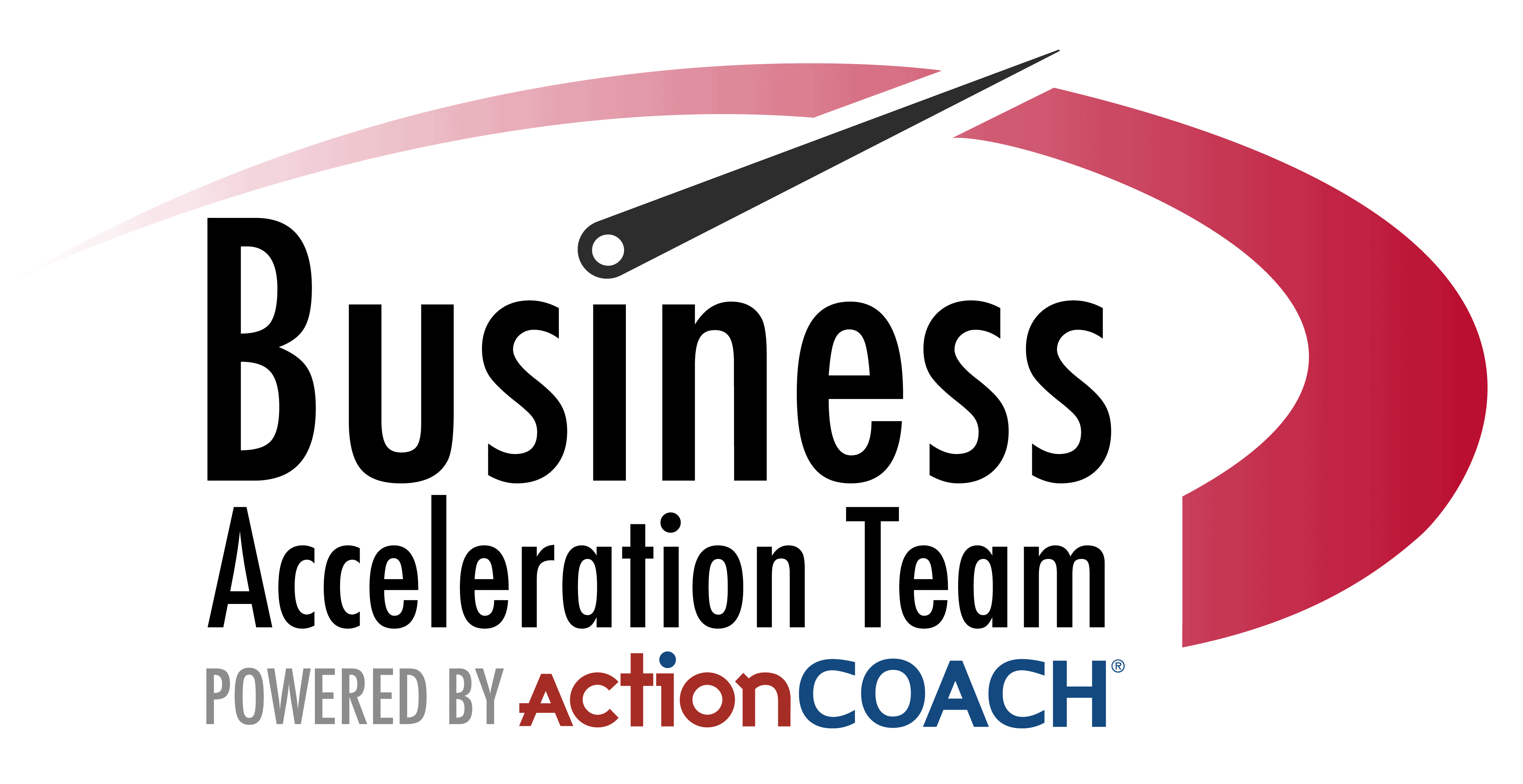
10 Nov Peer Groups Create Ideas. Coaching Creates Results. (Here’s How to Use Both Without Wasting Time)
Let’s be honest: when you’re stuck between joining a peer group (Vistage, EO, TAB, etc.) or hiring a business coach, you’re not choosing between “good” and “bad.” You’re choosing what job you need done right now – and the best operators deliberately use both.
What Peer Groups Actually Give You (When They’re Done Right)
Picture a confidential room of owners who’ve battled the same fires you’re fighting. You bring a thorny issue; they don’t sugar-coat it. You leave with angles you hadn’t considered, patterns you couldn’t see alone, and the kind of support only other owners can offer.
That’s the core value of a peer advisory group. Vistage describes it as an objective “sounding board” of leaders trading feedback with an experienced chair, not a networking coffee.
If you lean EO, their Forum model is a tightly moderated, confidential circle (usually 6–10 entrepreneurs) that meets monthly to share experience, not advice, in a structured format. It’s deliberately built for depth, safety, and honest reflection.
Bottom line: peer groups create perspective, community, and momentum – a “personal board” that strengthens your decision-making.
What Coaching Does That a Peer Room Can’t
A good coach turns those ideas into action you can measure. You’ll agree on a simple operating cadence (owners, dates, numbers), install systems, and get pushed – calmly but directly – until the habit sticks.
This isn’t a weekly pep talk; it’s structure and implementation. Multiple meta-analyses confirm it: when coaching is tied to real goals, it improves workplace outcomes in a meaningful way.
And yes, the ROI case is solid when it’s executed well. The ICF/PwC research frequently cites a median ~7× ROI for organizations that invest in coaching and track impact -i.e., put in $10k, realize ~$70k in value through revenue, margin, throughput, or leadership gains. (Not a guarantee— ,just a realistic ceiling when the cadence is real.)
So Which Should You Pick?
Wrong question. Ask: what job do I need done in the next 90 days?
If you need new angles, pattern recognition, and energy: join or double-down on a peer group. It’ll surface blind spots fast and sharpen your judgment.
If you need systems, accountability, and measurable movement: engage a coach. You’ll leave each session with owners, dates, and a scorecard, not just ideas.
If you want compounding results, blend them: take the ideas from your peer room into coaching and convert them into playbooks, SOPs, and weekly behavior. That’s where the needle moves.
A 2-Step Play You Can Run This Quarter
Peer room for the “what.” Bring one strategic issue (pricing, hiring, capacity, cash). Listen for patterns, not one-off hacks. Capture two testable decisions.
Coaching for the “how/when.” Turn those decisions into a 90-day plan with checkpoints, owners, and numbers (lead → convert → deliver → cash). Review weekly. Adjust quickly.
That’s discussion into execution. Ideas into systems. Community into results.


Sorry, the comment form is closed at this time.